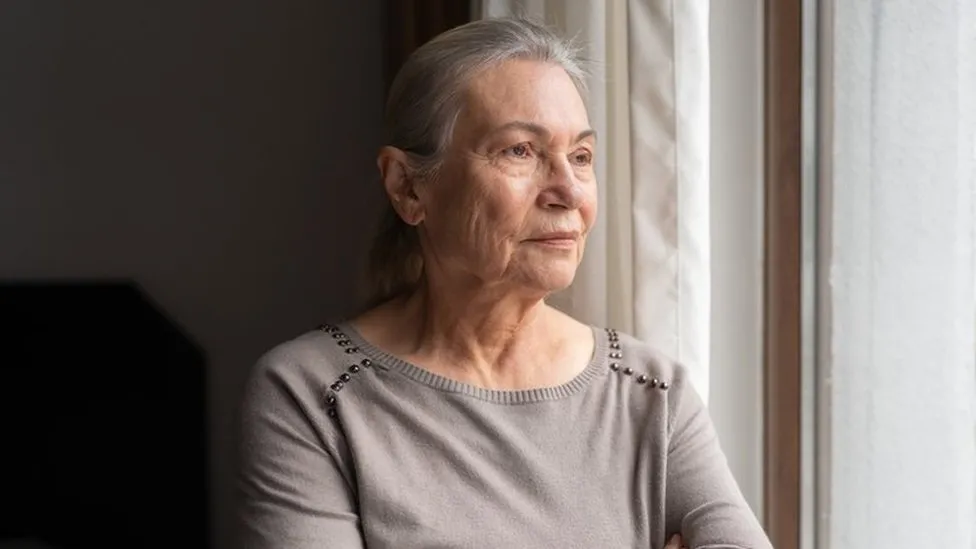What is the law on assisted suicide and euthanasia?
…

What is the law on assisted suicide and euthanasia?
Assisted suicide and euthanasia are highly debated topics in the legal and ethical realms. The law on assisted suicide and euthanasia varies from country to country and even within states or provinces. In some places, assisted suicide is legal under certain circumstances, while in others it is strictly prohibited.
In countries like Switzerland, the Netherlands, and some states in the USA, assisted suicide is legal under specific conditions. These conditions usually include terminal illness, unbearable suffering, and voluntary consent from the individual seeking assistance.
Euthanasia, on the other hand, involves a third party administering the lethal dose to the patient, while in assisted suicide, the patient takes the medication themselves. Euthanasia is less widely accepted and is only legal in a few countries, such as Belgium and the Netherlands.
Opponents of assisted suicide and euthanasia argue that it goes against the sanctity of life and could potentially be abused or misused. Proponents, on the other hand, believe that individuals should have the right to end their suffering and die with dignity.
While the laws on assisted suicide and euthanasia continue to evolve, it is essential to understand the legal implications and ethical considerations surrounding these practices. It is crucial for individuals to be well-informed about their rights and options when it comes to end-of-life decisions.
Ultimately, the law on assisted suicide and euthanasia reflects society’s values and beliefs about autonomy, suffering, and the right to die. It is a complex and sensitive issue that requires careful consideration and thoughtful deliberation.
As attitudes towards end-of-life care and decision-making continue to shift, it is likely that the legal landscape surrounding assisted suicide and euthanasia will also undergo changes. It is essential for policymakers, healthcare professionals, and the public to engage in open and honest discussions about this challenging topic.






